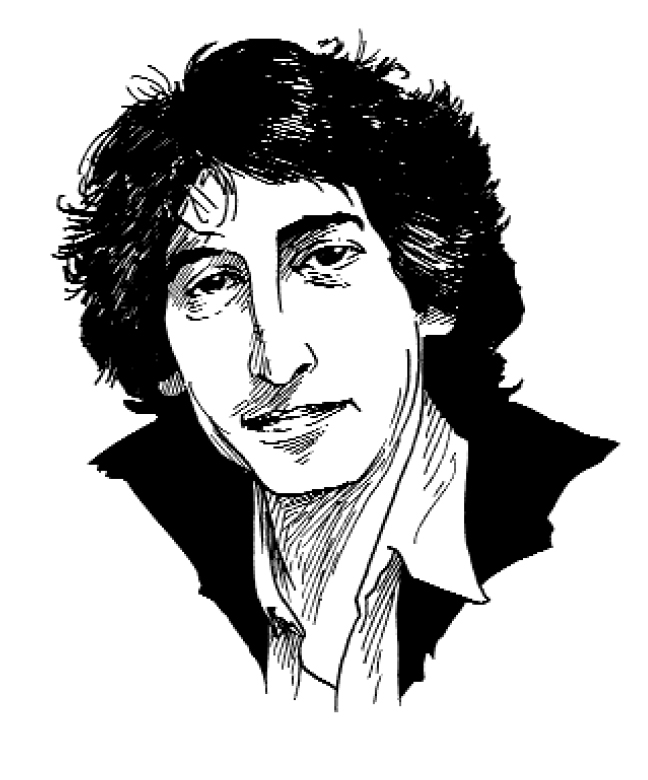Alexander Payne makes films with an eye for incidental details. He circles his characters when they are at their most fragile and vulnerable. In Citizen Ruth, a pregnant Ruth Stoops plunges down a flight of stairs. In Election, Mr. McAllister washes his genitals in a hotel bathtub before an adulterous affair. In About Schmidt, Warren Schmidt loads up on Percodan and plunges into a hot tub with his future in-law. In Sideways, Miles Raymond accidentally encounters a waitress and her flabby boyfriend having wild sex to a televised (and muted) Donald Rumsfeld. With a sense of ease, he shares with us those perfectly perverse and uncomfortable moments that nevertheless make us laugh. In doing so, he helps his audiences reconnect and reflect on what it is to be human.
When talking to Payne, he is easily distracted. But when the subject is steered towards his love of film or his hometown of Omaha, he can talk on and on endlessly. He speaks five languages, plays piano, digs cats, and knows a bit about wine. Just don’t ask him one of the following questions about his latest film, Sideways: “Where did you get the idea?” “Why did you decide on this cast?” And that dark, inevitable question, “If you were a wine, which wine would you be?”
Payne has just returned from a monthlong tour of the Mediterranean, where he presented Sideways at film festivals in Turin, Thessaloniki, and Marrakesh. He’s now back in Los Angeles, where he is attempting to soothe his circadian rhythms, juggle award nominations, and visit with a fellow Midwesterner. This conversation took place in two parts. The first, in a telephone call to Alexander’s home in Los Angeles, and the second, several days later, when he picked up an honorary doctorate from the University of Nebraska at Omaha.
—Kate Donnelly
I. “I SAW STAR WARS WHEN IT CAME OUT, BUT I DON’T EVEN REMEMBER IT. I PROBABLY FORGOT ABOUT IT THE NEXT DAY.”
THE BELIEVER: Some critics have observed that you employ techniques of 1970s cinema. Are you consciously paying homage to that era in filmmaking?
ALEXANDER PAYNE: I don’t think I’m trying to pay homage to anything. The fact is that I was an American teenager in the 1970s and those were the movies I was watching. My idea of what an adult American film is has never changed.
BLVR: Were you influenced by films like Star Wars?
AP: It didn’t impact me at all. You know how people say, ”Oh, and then I saw Star Wars and it just changed my life”? I saw Star Wars...
You have reached your article limit
Sign up for a digital subscription and continue reading all new issues, plus our entire archives, for just $1.50/month.
Already a subscriber? Sign in





